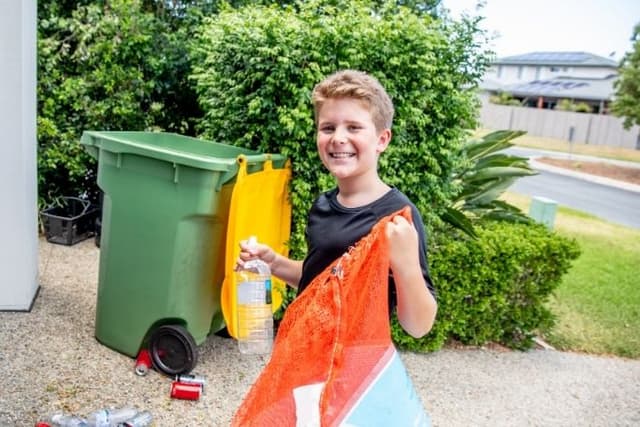
Visy Education - The Main Idea? Recycle! - NAPLAN Style Reading Skills
Lesson1 of 4 in this unit
PrimaryYear 3 - 4EnglishReadingEnvironmentalRecyclingSustainability
Summary
Lesson Guides and Printables
Lesson Plan

Student Worksheet

Teacher Content Info
